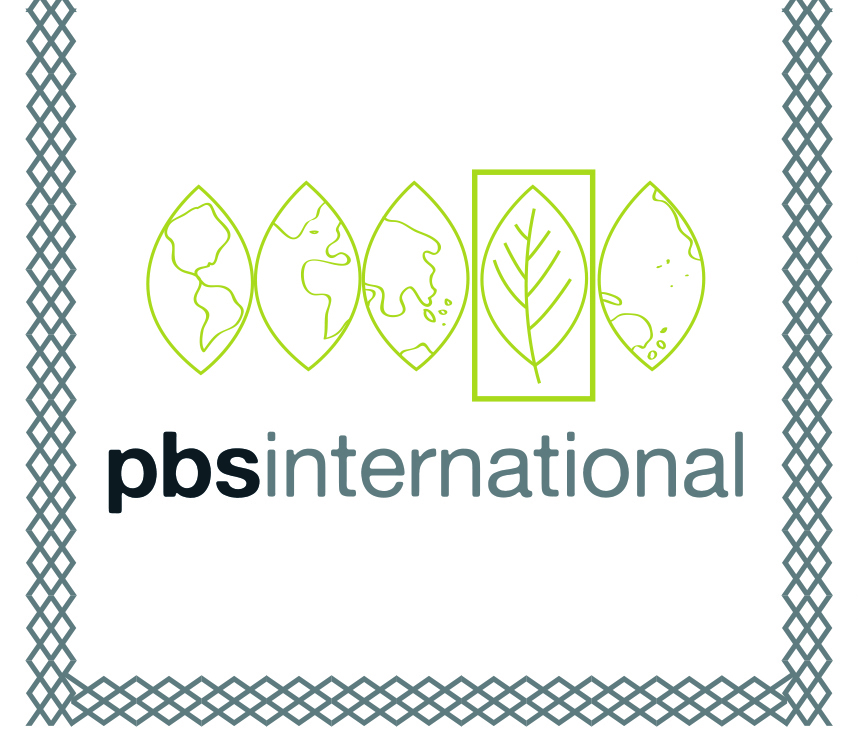PBS pollination bags have been used in a study comparing pollination control bag types for Sorghum seed harvest. The study has recently been published in the Journal of Plant Breeding and Crop Science, to see the full study download the pdf.
Below is the abstract detailing the outline of the study carried out by:
1Embrapa Milho e Sorgo, Sete Lagoas, Rodovia MG 424 KM 45,CEP:35.702-098, Sete Lagos-MG, Brazil.2School of Environment, Natural Resources and Geography (SENRGy), Bangor University, Bangor, Gwynedd, Wales LL57 2UW UK.3PBS International, Salter Road, Scarborough, YO11 3UP, UK.
Efficacy of pollination bags made of new nonwoven fabrics was compared with the traditional paper bags in sorghum during 2015 using three cultivars comprising BR007B (red seeded), SC283 (white seeded) and 1167048 hybrid with tannin (brown seeded). The five pollination bag treatments were: no bagging, traditional paper bag, paper bag plus plastic screen bag for extra bird protection, duraweb® SG2 polypropylene bag and duraweb® SG1 polyester bag. There was no bird damage on tannin hybrid but birds damaged bags to access grains of the other two varieties. Varieties and bag types differed significantly, and also showed significant interactions for panicle weight (at P<0.06), seed weight and average seed weight per panicle. The tannin hybrid was consistently a better performer for all traits regardless of bag type. The paper bags were the worst for bird damage. Duraweb® SG1 was the best performer for all traits including bird damage followed by duraweb® SG2. The joint regression analysis showed that BR007B performed consistently under all bag types with average response. On the other hand, SC283 improved its response with the increasing quality of bag type at an above average rate for panicle weight and seed traits. It was concluded that new nonwoven fabric bags could replace paper bags in providing better seed production potential and greater protection against bird damage.



